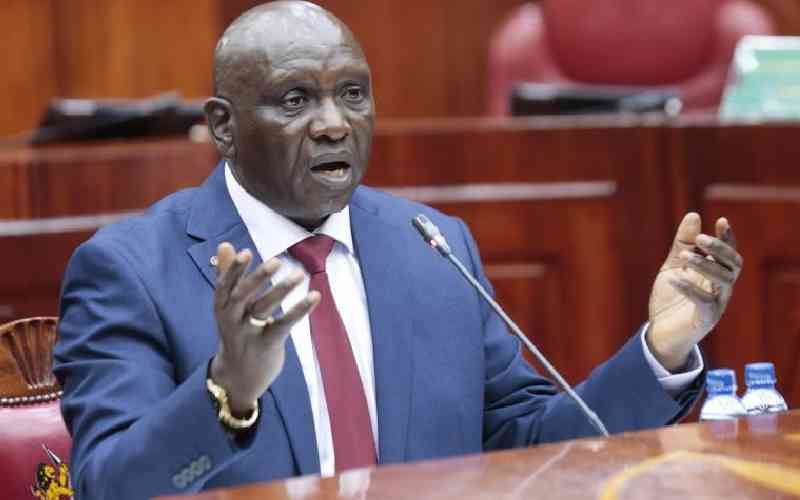×
The Standard e-Paper
Smart Minds Choose Us

The police were unable to stop the breach of Parliament on July 25 this year because they were incapacitated, Inspector General of Police nominee Douglas Kanja yesterday revealed.
The infamous invasion of Parliament by protestors, the contested police deployment to Haiti, the incessant banditry and cattle rustling in the North Rift as well as the extra-judicial killings during the Gen Z protests confronted Kanja on his big day of vetting.